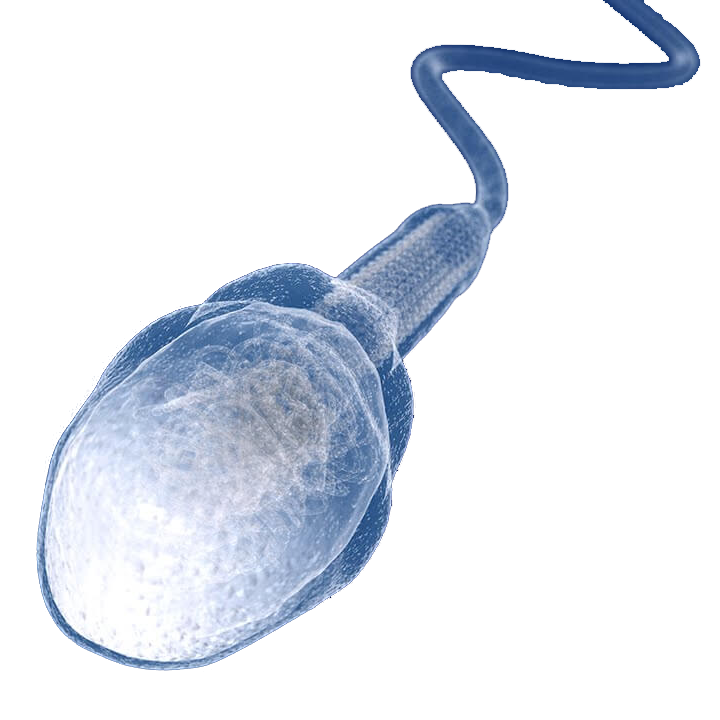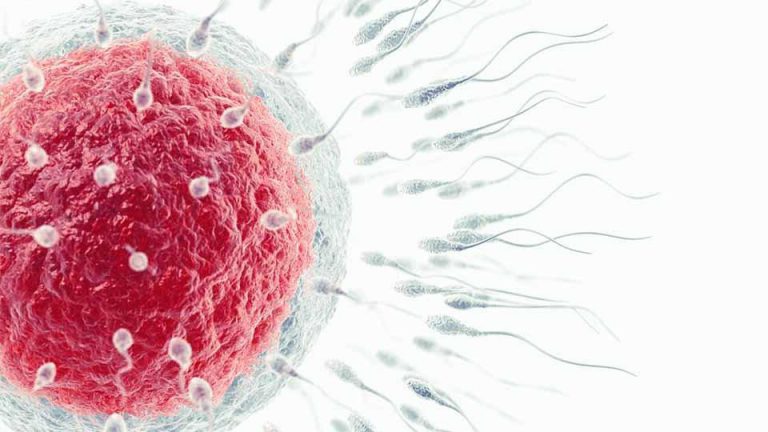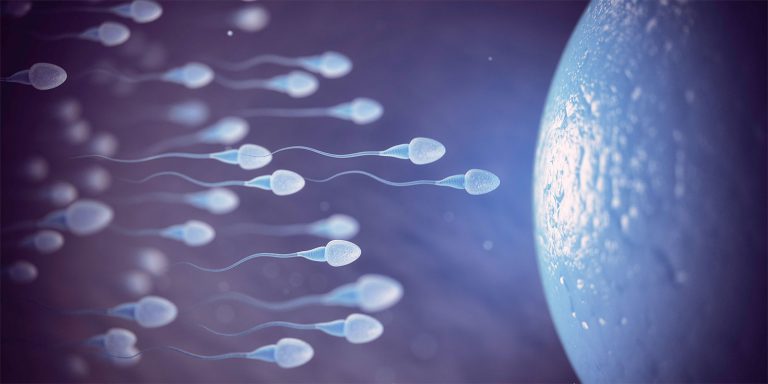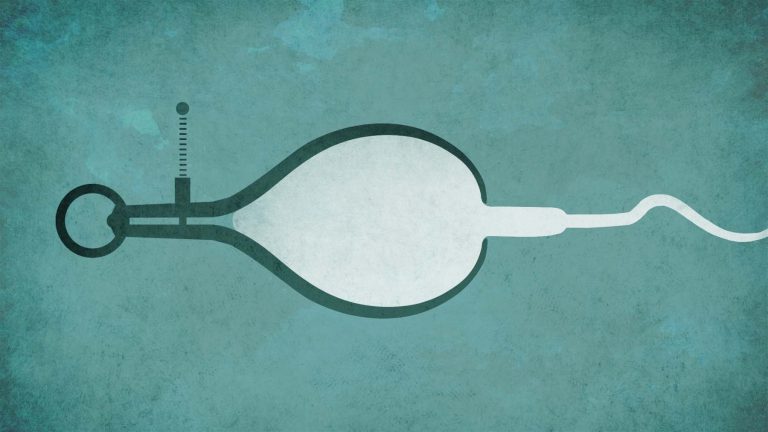Sperm Epigenetics and Male Infertility
Investigators from the University of Utah and the University of Southern California evaluated whether measuring epigenetic changes in sperm DNA could be used to predict male infertility. Philip Uren, Ph.D., a lead author on the study, said “we were surprised at how well the model discriminates fertile sperm samples from men with infertility needing IVF”.
Around 15% of people have some form of infertility. In about half of those cases male factors play a major role, but they’re often overlooked.
The standard test to determine male infertility, a semen analysis, looks at sperm count, shape or motility. Since many semen analyses end up normal, the ‘diagnosis’ is unexplained infertility. “It is precisely these cases which may benefit from a closer look at sperm epigenetic issues to help explain why sperm may not fertilize well or why they may impair the development of healthy embryos” says male reproductive specialist, Dr. Paul Turek of The Turek Clinic in Beverly Hills, California, who was not involved with the study.
Dr. Philip Uren, summarizes the study
The Science of Epigenetics
Epigenetics is the study of altered gene expression through “marks” on DNA called methylation. Such DNA marks can change with age, lifestyle, environmental exposure and are known to be heritable. Epigenetics is still very much in its infancy. However, it represents an opportunity to improve our ability to diagnose and treat disease, particularly in reproductive medicine.
Study Findings
The study examined whether the DNA methylation profile of a semen sample could predict its fertility status, or the likelihood of the sample giving rise to good-quality embryos during IVF. Semen samples used for IVF where female-factor infertility had been ruled out were compared to fertile sperm donor samples. The team was able to construct highly predictive mathematical models for both of these fertility scenarios. “Using epigenetic patterns in sperm, we think there are clear implications for improving the quality of care for couples undergoing IVF treatment”, said Dr. Uren. The research was recently published online in Fertility & Sterility and was authored by Kenneth I. Aston, Philip J. Uren, Timothy G. Jenkins, Alan Horsager, Bradley Cairns, Andrew D. Smith, and Douglas T. Carrell.
“The information gained with current diagnostic tests like the semen analysis is simply too limited to fully understand how a man might contribute to infertility. We need to know more, and looking at epigenetic biomarkers makes sense,” notes Dr. Turek. We are currently spearheading a large validation study to prove that this technology works in the broader framework of fertility care. Stay tuned for the results!







